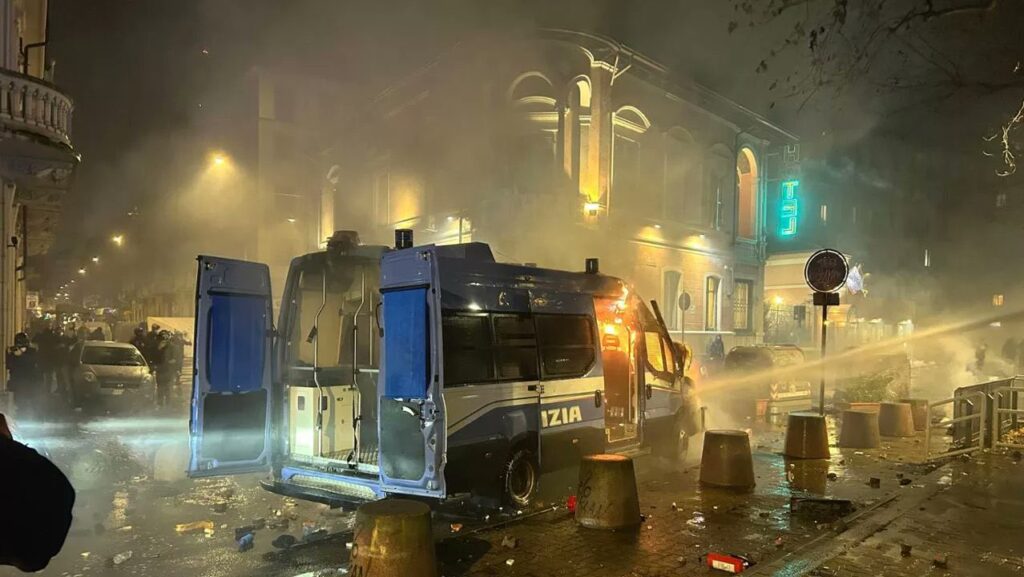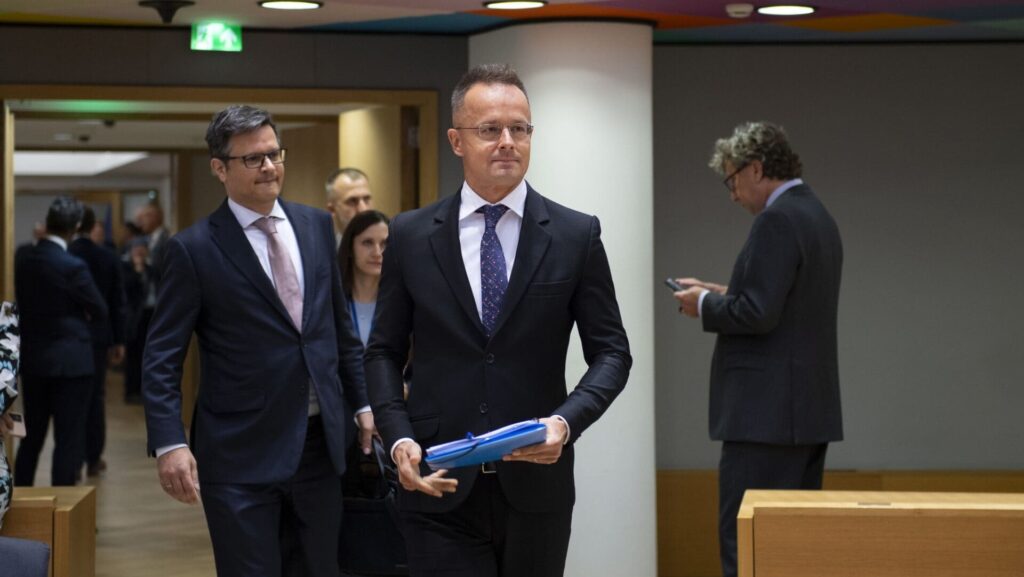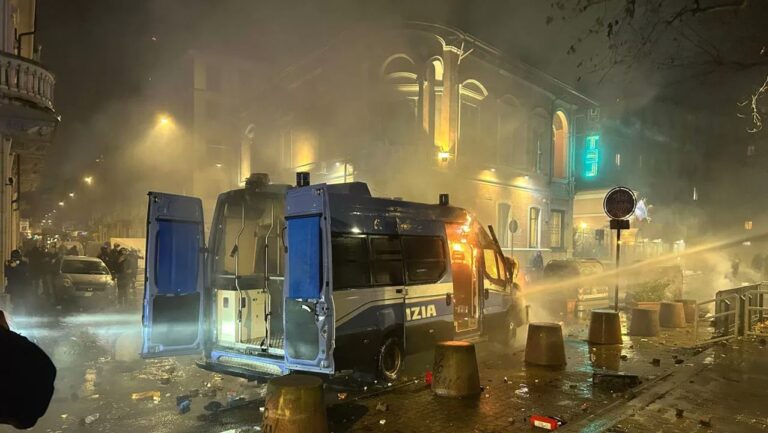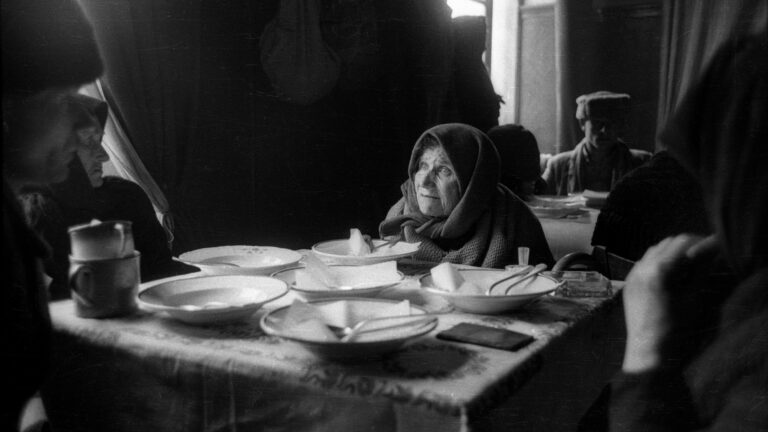Hungarian Prime Minister Viktor Orbán made a surprise appearance on the closing day of the 5th MCC Feszt in Esztergom, Hungary, on Saturday. Greeted with thunderous applause, Orbán participated in a one-on-one conversation with former Editor-in-Chief of the Hungarian media outlet Mandiner Gergő Kereki, discussing current domestic and foreign policy issues, as well as the challenges ahead for the country.
Orbán began by expressing gratitude to the crowd for the warm welcome, noting that he is an honorary citizen of Esztergom—a town symbolizing Hungary’s thousand-year-old Christian traditions.
Did Fidesz Lose the Youth Vote?
The conversation soon turned to the relationship between Hungary’s governing parties and the youth, amid the widely held perception that younger voters may be more inclined to support the opposition ahead of the 2026 parliamentary elections. Orbán framed this resistance to government parties as part of a generally rebellious tendency characteristic of young people. However, he stressed that it is crucial to distinguish the object of this rebellion. ‘Young liberals in Hungary rebel against all forms of authority, whereas young people on the national side rebel against the global and Brussels-based elite,’ he remarked.
He called for this phenomenon to be approached with ‘parental wisdom and calm’. Orbán emphasized that young people cannot be won over through material incentives alone: ‘I do not believe that youth programmes alone determine the outcome of an election. Let us try to understand each other—let us connect.’
The prime minister acknowledged that finding common ground with the younger generation is difficult, but argued that the government has already done much for them. ‘If someone studies, they get student loans; if they work, they get worker loans. There is no income tax up to the age of 25, and if a woman has a child before the age of 30, she is also exempt from paying tax.’ He also referred to the new 3 per cent housing loan scheme starting in September, aimed at easing housing access for young people. ‘If you decide you need your own home, you can make it happen,’ he stated.
Commenting on recent polling data showing the opposition in the lead, Orbán said it was a signal that the campaign had officially begun. ‘The purpose of the latest polls is nothing more than to influence public perception,’ he asserted. He maintained that only the government’s own internal data reflects the true state of affairs, and made his position clear: ‘We are going to work hard and win big.’
A significant part of the discussion focused on the digital space. According to Orbán, political debate has largely migrated online. ‘If the national side does not learn this, and we surrender the space to the other side, our power of persuasion will diminish.’ He pointed to the Digital Civic Circles and the Warriors’ Club as the civic side’s responses to this shift. ‘We need a digital conquest,’ he declared.
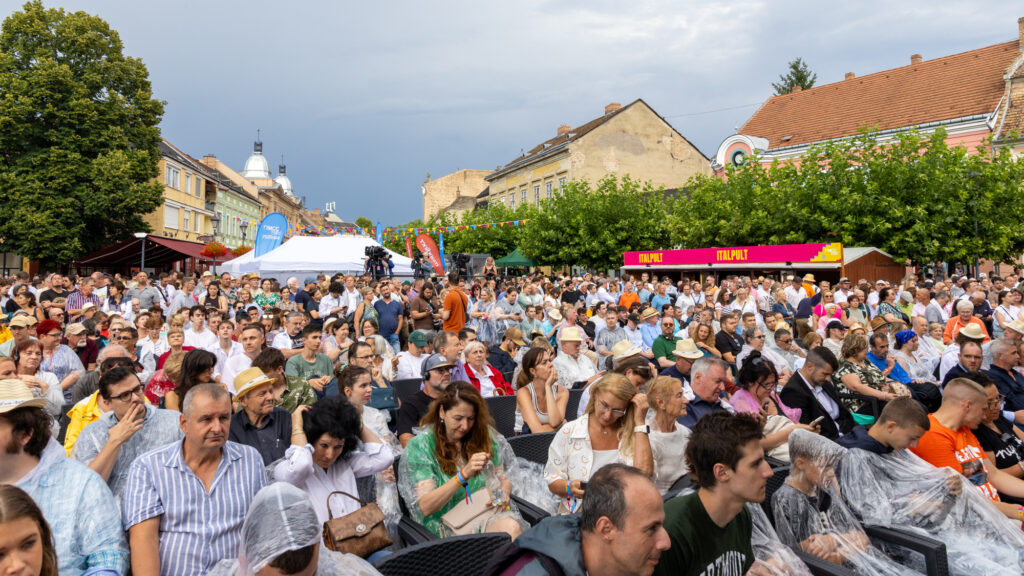
Strong Growth Needs Peace
Turning to economic matters, he stated: ‘Strong growth requires peace. As long as there is war next door, we must be content to protect what we have.’ On the subject of state assets, he emphasized: ‘Today, our public wealth is twice what it was in 2010.’
Regarding the war in Ukraine, Orbán was unequivocal: ‘The entire EU, with the possible exception of Hungary and perhaps Slovakia, is at war with Russia.’ He stressed that Hungary’s objective is to remain outside the conflict, but added: ‘Remaining out of a war is not a matter of intent alone—it also requires strength.’ In his view, the root cause of the war is the breakdown of the balance of power, and lasting peace can only be achieved through a comprehensive agreement between the great powers—covering energy trade, armament, and sanctions.
He also warned that NATO membership should not be equated with blind reliance on external assistance. Recalling 1939, he noted how Poland had counted in vain on support from Britain and France. ‘No one has ever attacked a NATO member state, and I do not think there is a country that would,’ he said. However, he cautioned that Germany’s rearmament is a historically significant development that could reshape the balance of power in Europe.

A New Migratory Threat Looms over Europe
Addressing the challenge posed by mass migration, Orbán issued a stark warning: ‘A migration wave involving hundreds of millions could be headed towards Europe.’ He argued that Western countries—particularly those that have recently ‘surrendered’ to the migration pact—are no longer capable of stopping the influx. ‘The great cities and nations of the West will fall,’ he stated in dramatic terms, adding that Central Europe must develop a self-defence system capable of effectively resisting migratory pressure.
According to Orbán, the migration pact Brussels is attempting to impose on member states is unacceptable. ‘They want to send migrants to Hungary, but we will not implement it,’ he declared. ‘Let us resist, and protect ourselves,’ he said firmly.
The prime minister also remarked that one of the most important tasks for the next generation will be to halt the migration wave coming from Austria. In his view, the threat now comes not only from the South, but increasingly from the West, as Western countries have become unable to defend their own identities.
Related articles:


